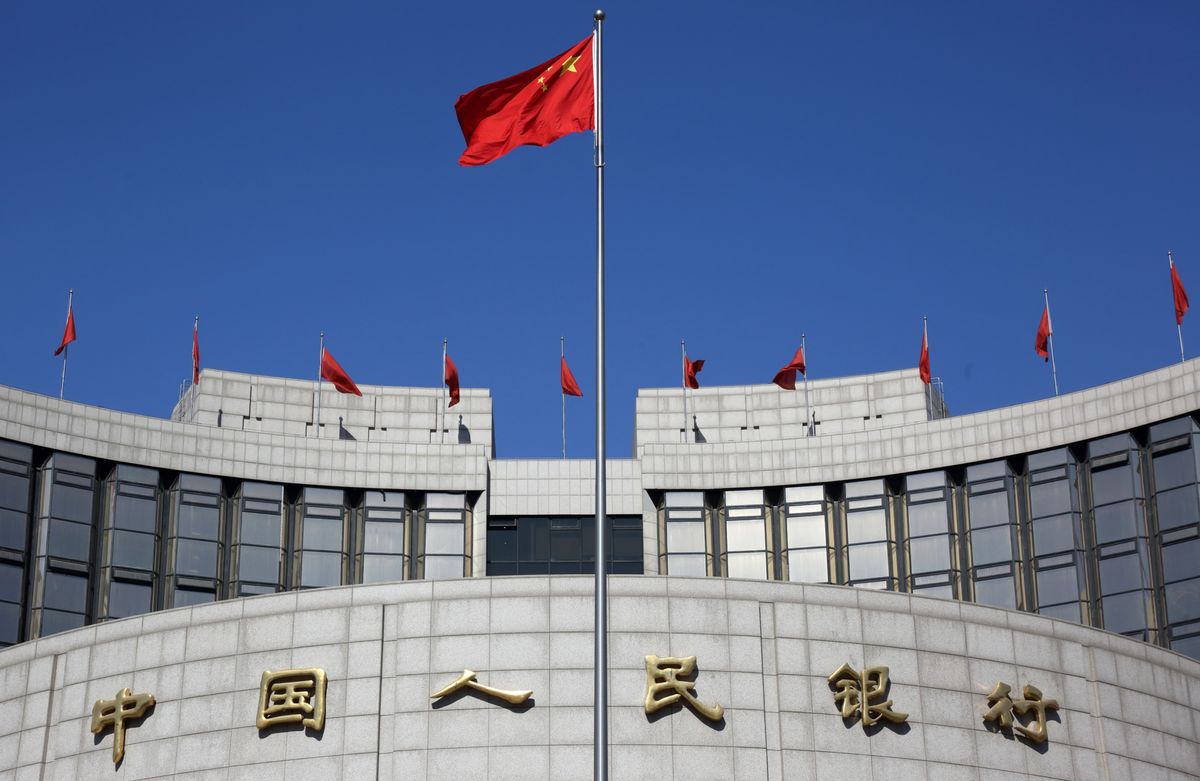China’s foreign exchange reserves, the world’s largest, fell for a second straight month in October to $3.128 trillion from $3.143 trillion in September, data released by the People’s Bank of China (PBOC) showed on Saturday.
The figure missed the $3.150 trillion forecast by a Reuters poll of analysts.
Wang Chunying, chief economist at China’s State Administration of Foreign Exchange, attributed the decline to the debilitating effects of the COVID-19 crisis and the pandemic-induced fiscal and monetary policy shifts across the world, which resulted in the rise of U.S. dollar index.
China held 62.64 million fine troy ounces of gold at the end of October, unchanged from September.
The value of the gold reserves fell to $117.89 billion at the end of October from $118.20 billion at the end of September.
However, Chinese private rocket firm Galactic Energy successfully launched carrier rocket CERES-1 on Saturday, making it a second Chinese startup to complete an orbital launch.
The rocket blasted off from the Jiuquan Satellite Launch Center in northwest China at 3:12 p.m. while sending Apocalypse-11 satellite into the planned orbit.
The CERES-1 rocket is a small solid-propellant launch vehicle developed by Galactic Energy, a young company set up in early 2018.
The Apocalypse-11 satellite will be used to acquire and transmit data in orbit, being one of a series of Chinese satellites dubbed the Apocalypse constellation.
Galactic Energy announced on Tuesday that it had completed its round A financing worth 200 million yuan ($30.22 million) in September. The company said the fund raised would be put into developing its liquid propellant rocket Pallas-1 and also on ramping up the mass production capability for its Ceres-1 rocket.
Prior to the Galactic Energy launch, Beijing Interstellar Glory Space Technology Ltd., also known as iSpace, successfully launched Hyperbola-1 from Jiuquan Satellite Launch Center in July 2019, making it the first Chinese private firm to achieve so.













